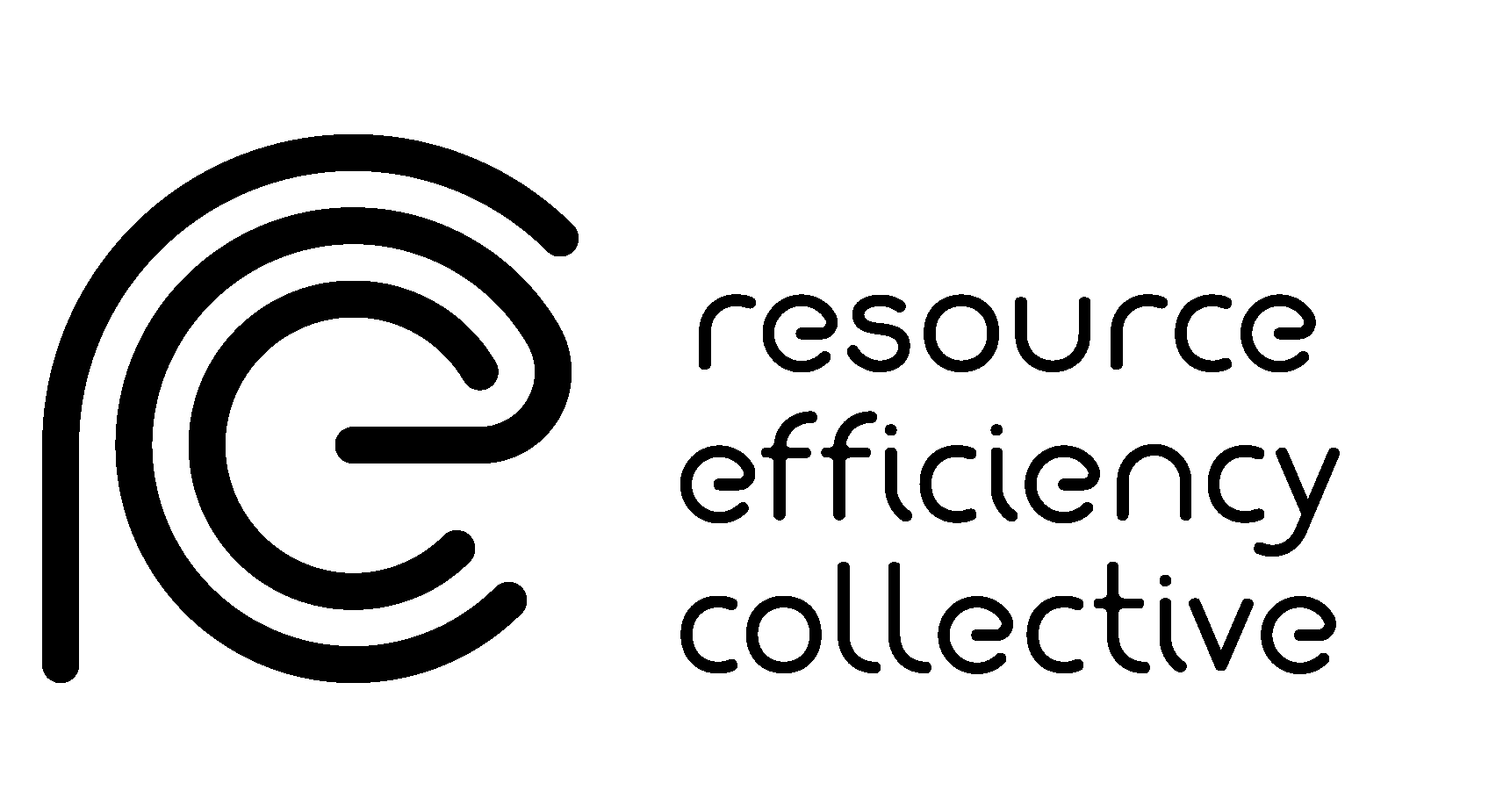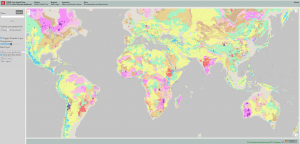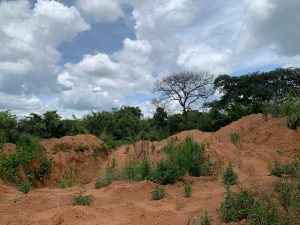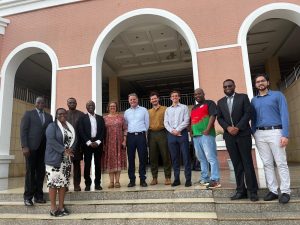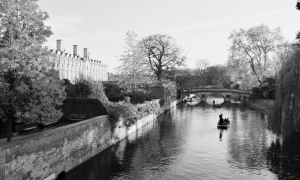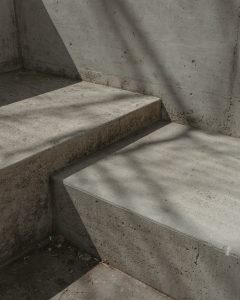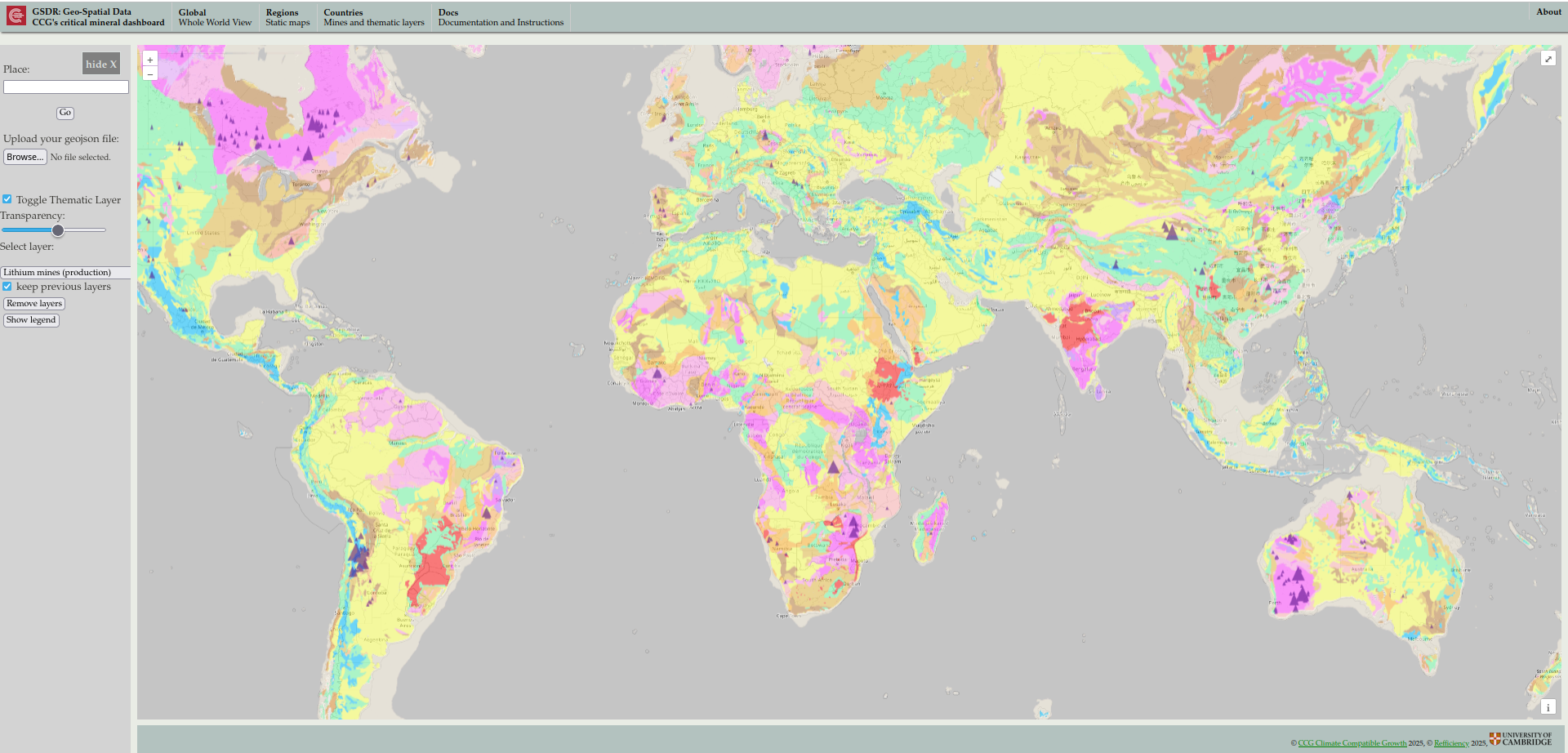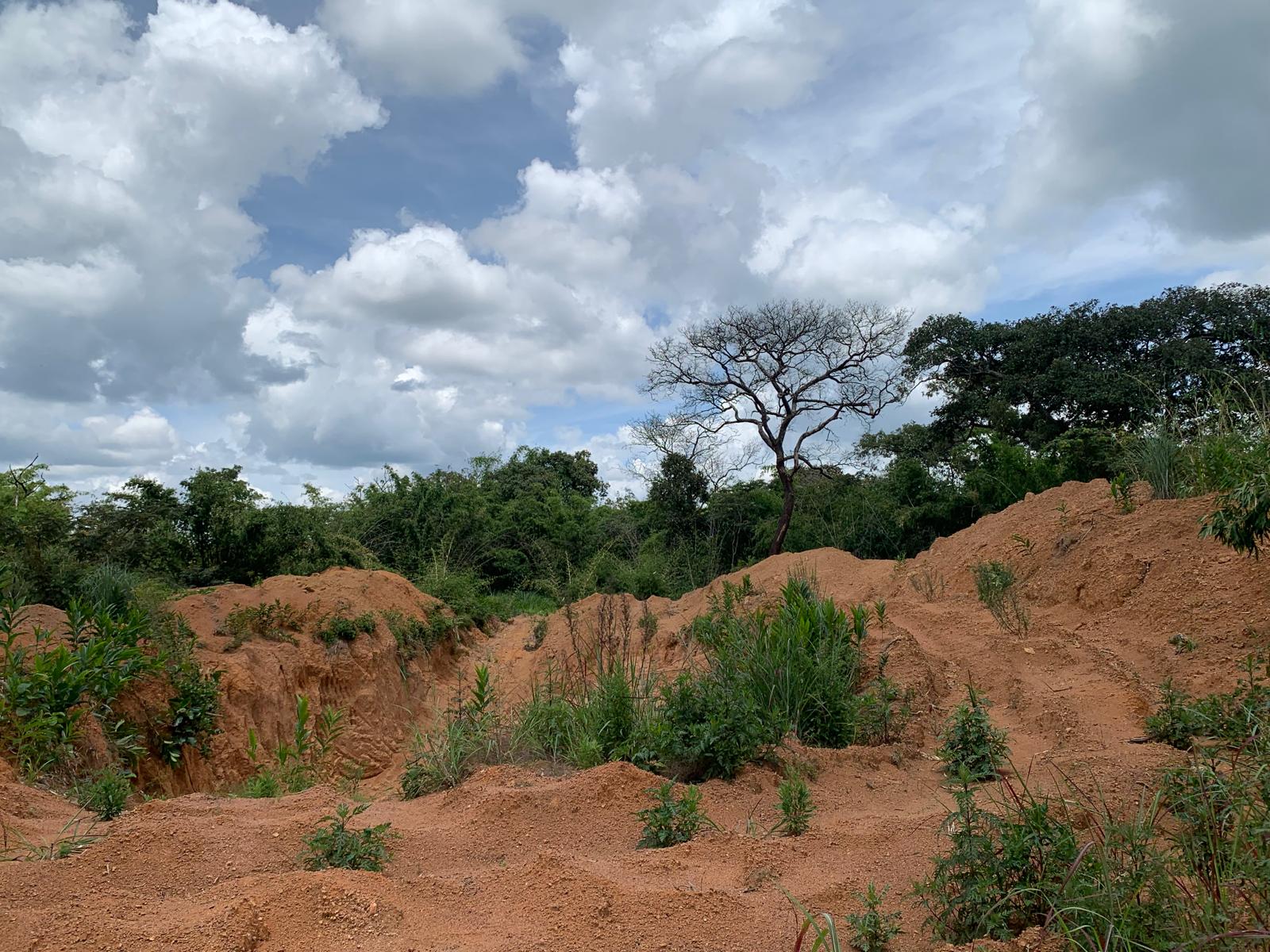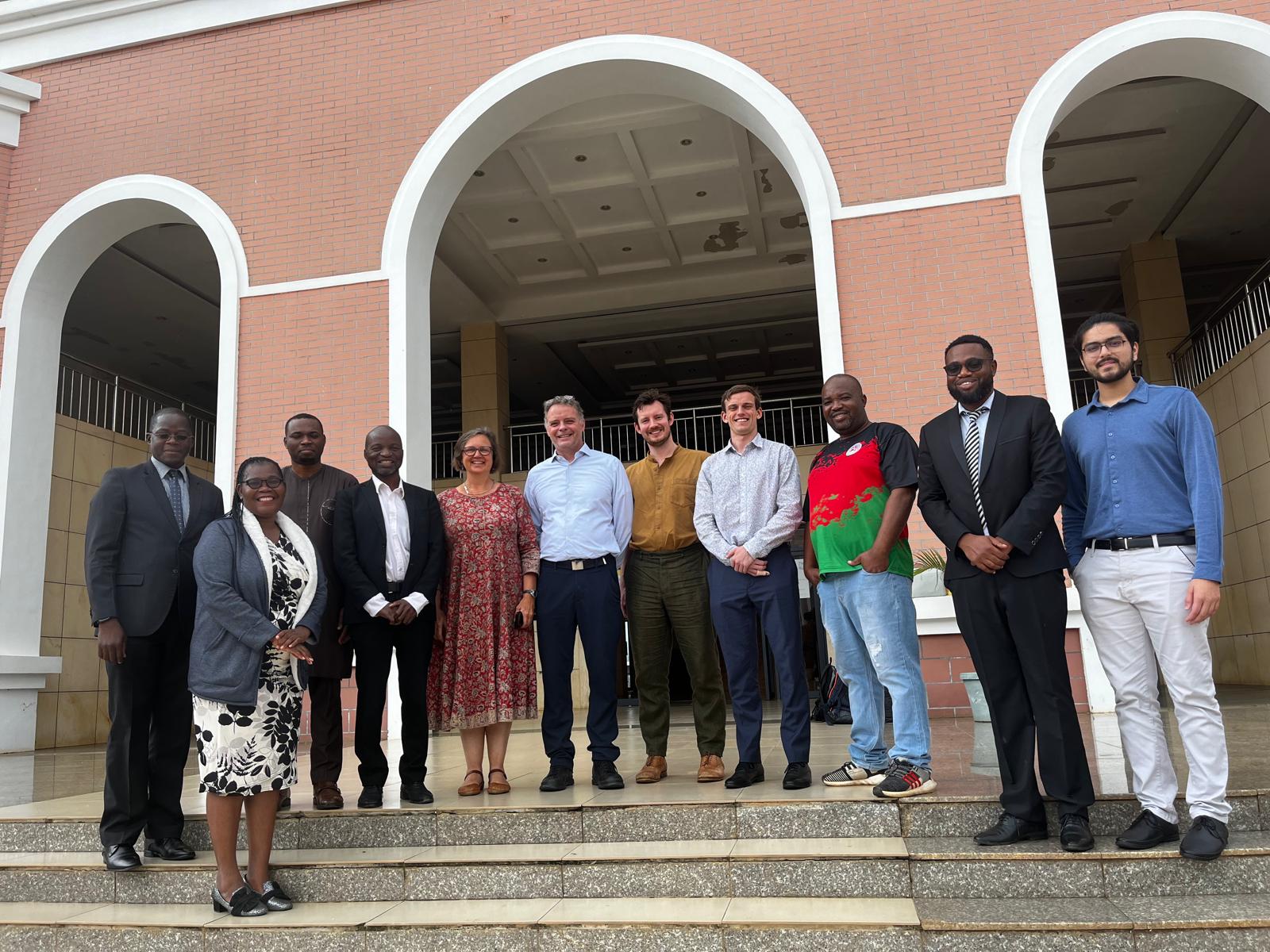Life After a Post-Doc: Samantha Islam
This is the first installment of a series of posts from former PhD students and post-docs of Resource Efficiency Collective to explore where they are now, and how their time in the group prepared them for life in and beyond academia.
First up is Samantha who completed her post-doc in September 2023.
Please give us a brief summary of your post-doc involvement
I worked on a project called “Smart sustainable plastic packaging from plant (S2UPPlant)” funded by NERC (National Environment Research Council). The project is led by Professor James Elliot (Cambridge Material Science), Professor Paul Dupree (Cambridge Plant Biochemistry) and Professor Jonathan M Cullen (Cambridge Engineering). This is a multidisciplinary project where we developed a novel bio compostable film from cellulose rich biomass with an aim to replace petrochemical plastic packaging for food. My role in this project was to scale up the laboratory process and assess environmental impact.
What were your main achievements during your post-doc?
It was a great experience to work in a multidisciplinary team and learn new knowledge from other disciplines. In terms of academic contribution, one journal article is published, a second one is now under review and a third one is now being prepared.
What is your current role?
Currently I am working as a lecturer at the Department of Mechanical, Aerospace and Civil Engineering (MACE) at the University of Manchester.
How did your time with Resource Efficiency Collective impact your future?
Resource Efficiency Collective provided me with the resources and environment to evolve as an independent researcher. I met friends and colleagues who encouraged, taught, and challenged me to improve every single day. I got to learn about various cultures, explore different places and make my life abroad a bit more interesting.
How did your post-doc prepare you for your current role?
My post-doc position prepared me for my current role in a significant way. It gave me additional time to expand my research through working on a topic different from my PhD. I had time to publish more research work to support and expand my research career. It also offered me opportunities for networking and collaboration.
Are there any skills learned during your post-doc which help you in your role today?
My post-doc experience gave me knowledge on how a funded project is run, how reporting is performed and how to collaborate among different workstreams. All of which I can certainly use in my own project during the lectureship.
What advice would you give someone who wants to do a post-doc?
A post-doc can be a suitable career option after a PhD if someone wants to continue in academia, as it provides opportunities for publishing and building a network.
Read more about Samantha and her publications here
Photo credit: Jonathan Chng, Unsplash
